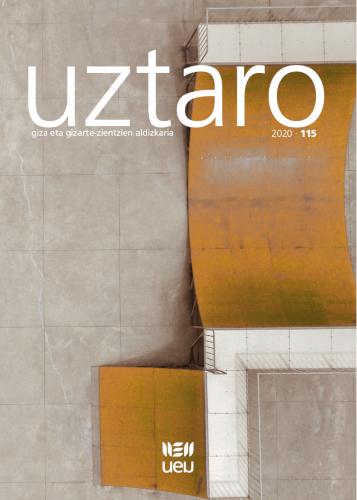Secondary Prisionization and basque immates older parents mental health
DOI:
https://doi.org/10.26876/uztaro.115.2020.5Keywords:
Secondary prisionization, Mental health, Psychopathology, Positive mental health, Basque prisonersAbstract
The present study shows the impact of Secondary Prisonization —the effects that imprisonment of a family member has on relatives— on mental health of elderly parents of Basque prisoners incarcerated in prisons located far away from their homes. In the study, mental health was evaluated as a composition of psychopathology levels and positive mental health. Results show that these parents had higher levels of psychopathology and lower levels of Positive Mental Health than those parents with no son or daughter imprisoned. When comparing parents with sons or daughters incarcerated close versus far from home, the latter present higher levels of psychopathology, but also higher levels of Positive Mental Health. Thus, it could be concluded that Secondary Prisonization implies a suffering for elderly parents with sons or daughters incarcerated in remote jails a suffering and, in consequence, that changes in the penitentiary policy are required in order to finish this situation.
Downloads
License
Copyright (c) 2020 Uztaro

This work is licensed under a Creative Commons Attribution-NonCommercial-ShareAlike 4.0 International License.




















